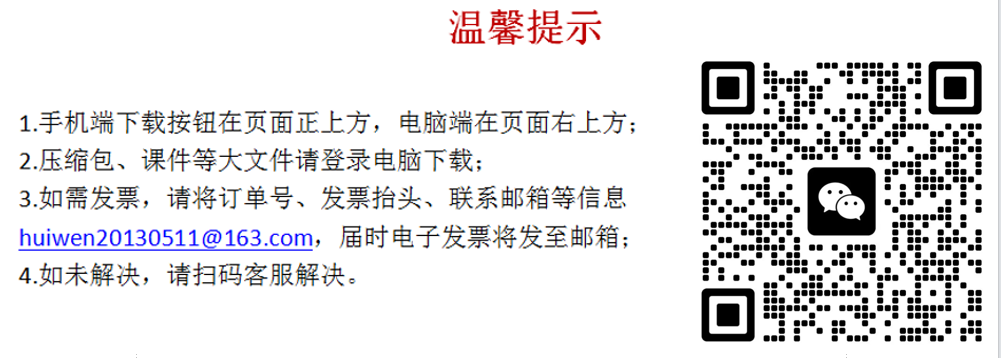

2022年
012022年全国高考新高考I卷读后续写
It was the day of the big cross-country run. Students from seven different primary schools in and around the small town were warming up and walking the route(路线)through thick evergreen forest.
I looked around and finally spotted David, who was standing by himself off to the side by a fence. He was small for ten years old. His usual big toothy smile was absent today. I walked over and asked him why he wasn't with the other children. He hesitated and then said he had decided not to run.
What was wrong? He had worked so hard for this event!
I quickly searched the crowd for the school's coach and asked him what had happened. "I was afraid that kids from other schools would laugh at him," he explained uncomfortably. "I gave him the choice to run or not, and let him decide."
I bit back my frustration(懊恼). I knew the coach meant well — he thought he was doing the right thing. After making sure that David could run if he wanted, I turned to find him coming towards me, his small body rocking from side to side as he swung his feet forward.
David had a brain disease which prevented him from walking or running like other children, but at school his classmates thought of him as a regular kid. He always participated to the best of his ability in whatever they were doing. That was why none of the children thought it unusual that David had decided to join the cross-country team. It just took him longer — that’s all. David had not missed a single practice, and although he always finished his run long after the other children, he did always finish. As a special education teacher at the school, I was familiar with the challenges David faced and was proud of his strong determination.
注意:
1. 续写词数应为150左右;
2. 请按如下格式在答题卡的相应位置作答.

微信扫一扫在手机阅读、分享本文
本文标题:2020-2022年高考英语读后续写真题+优秀范文汇总10页
链接地址:http://www.gwzjk.com//index/article/detail/detail_id/24776.html
版权声明
作者原创,不允许二次传播,一经发现收回会员权益,追究法律责任。

微信订阅号

联系客服